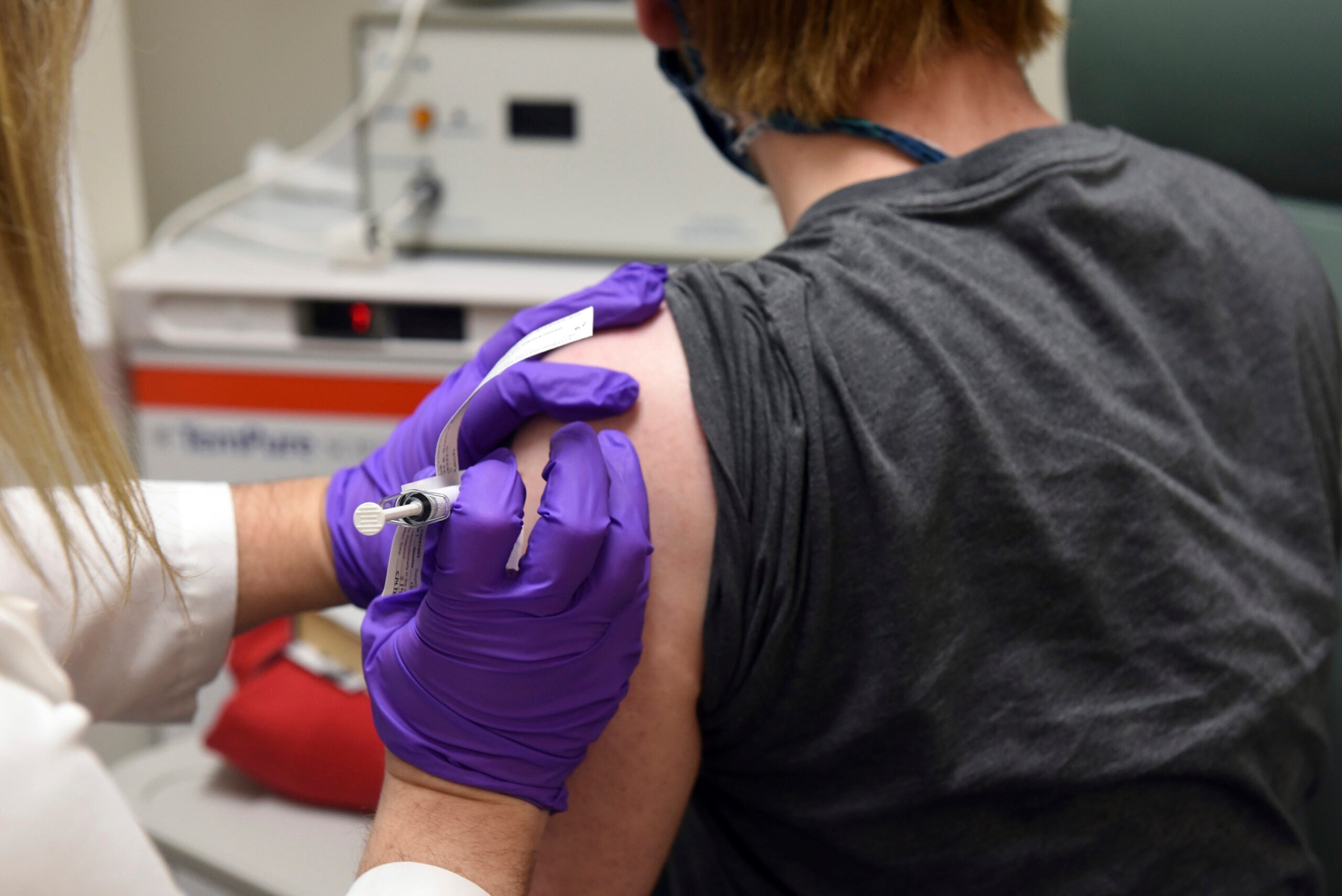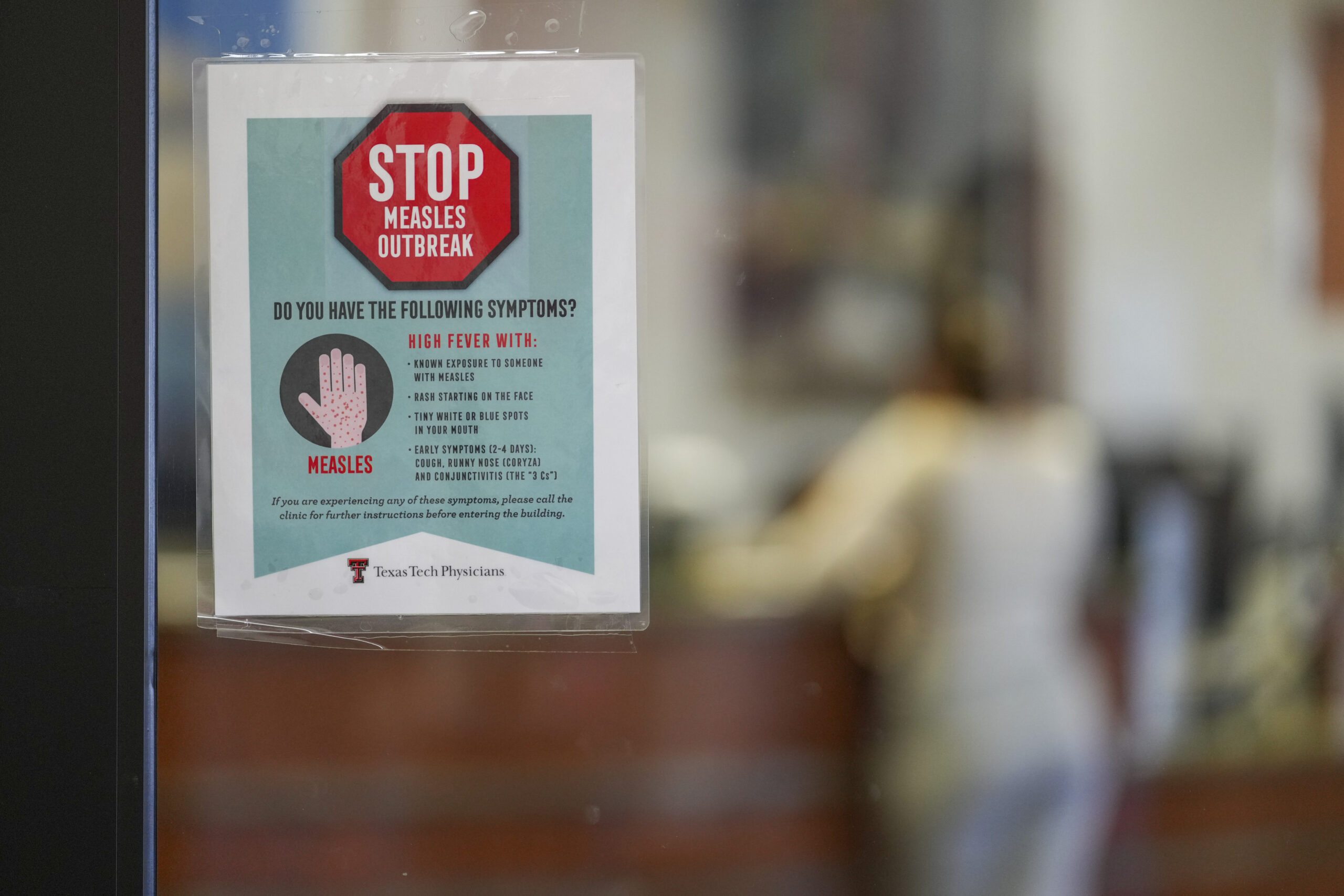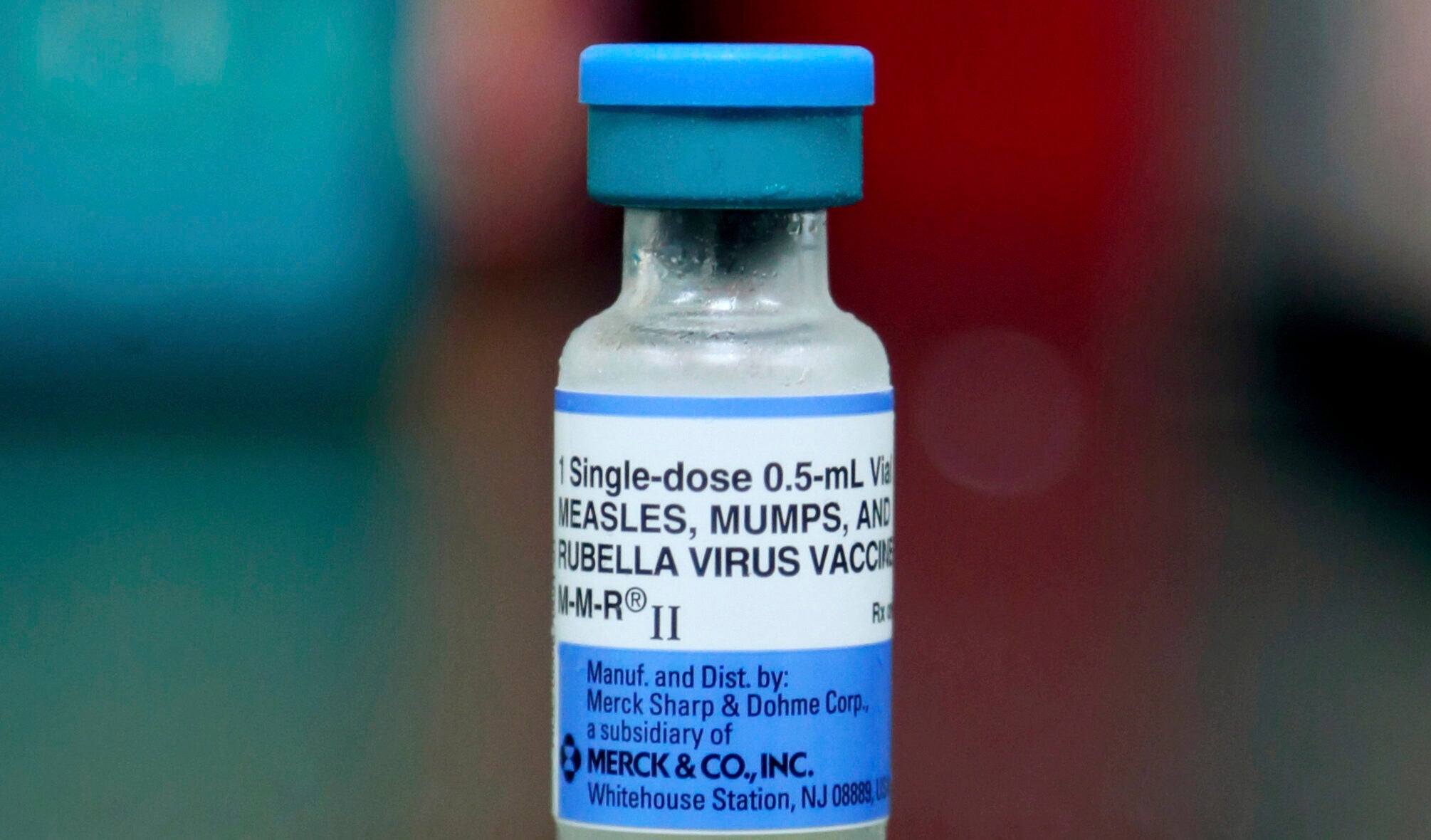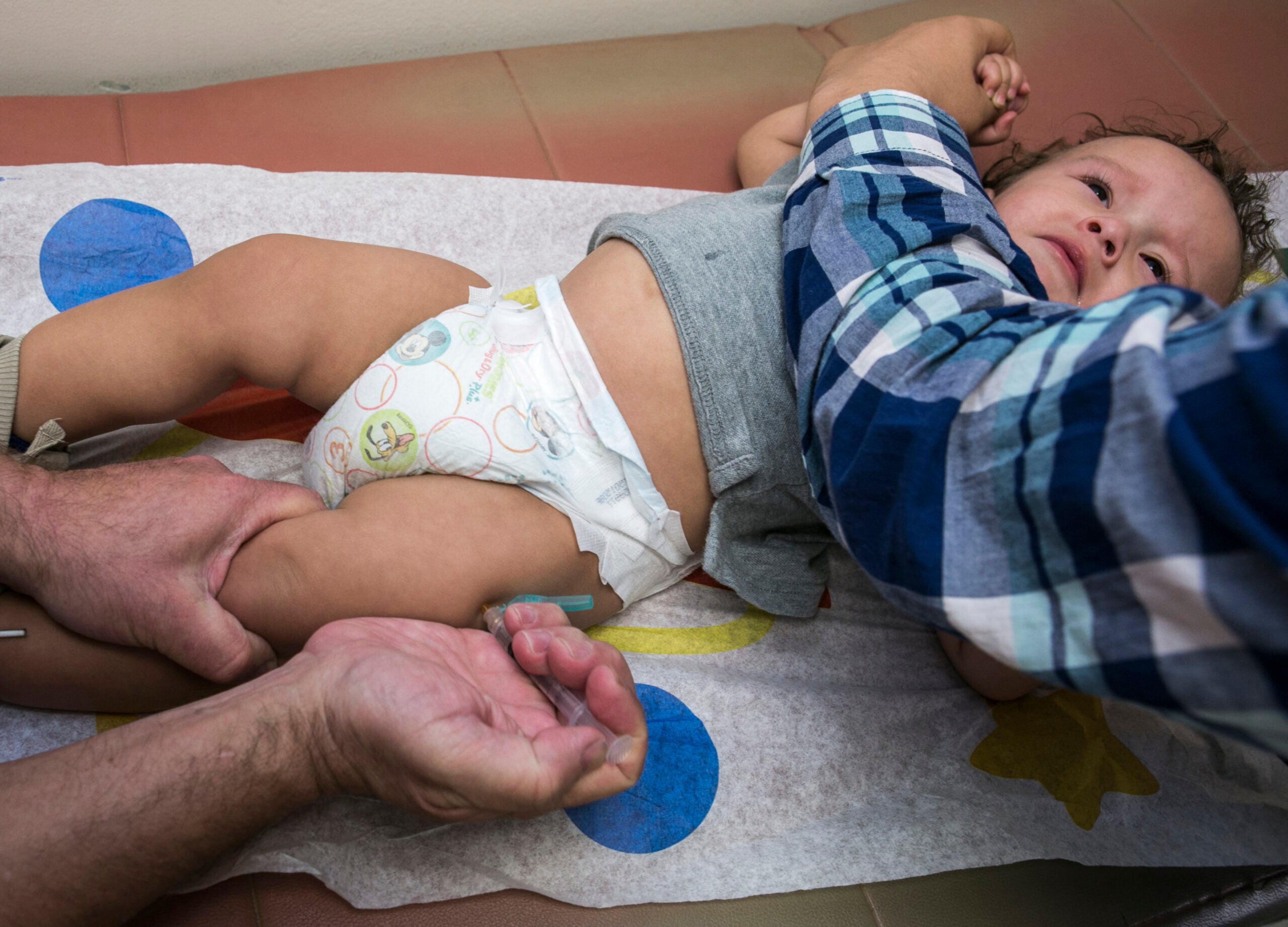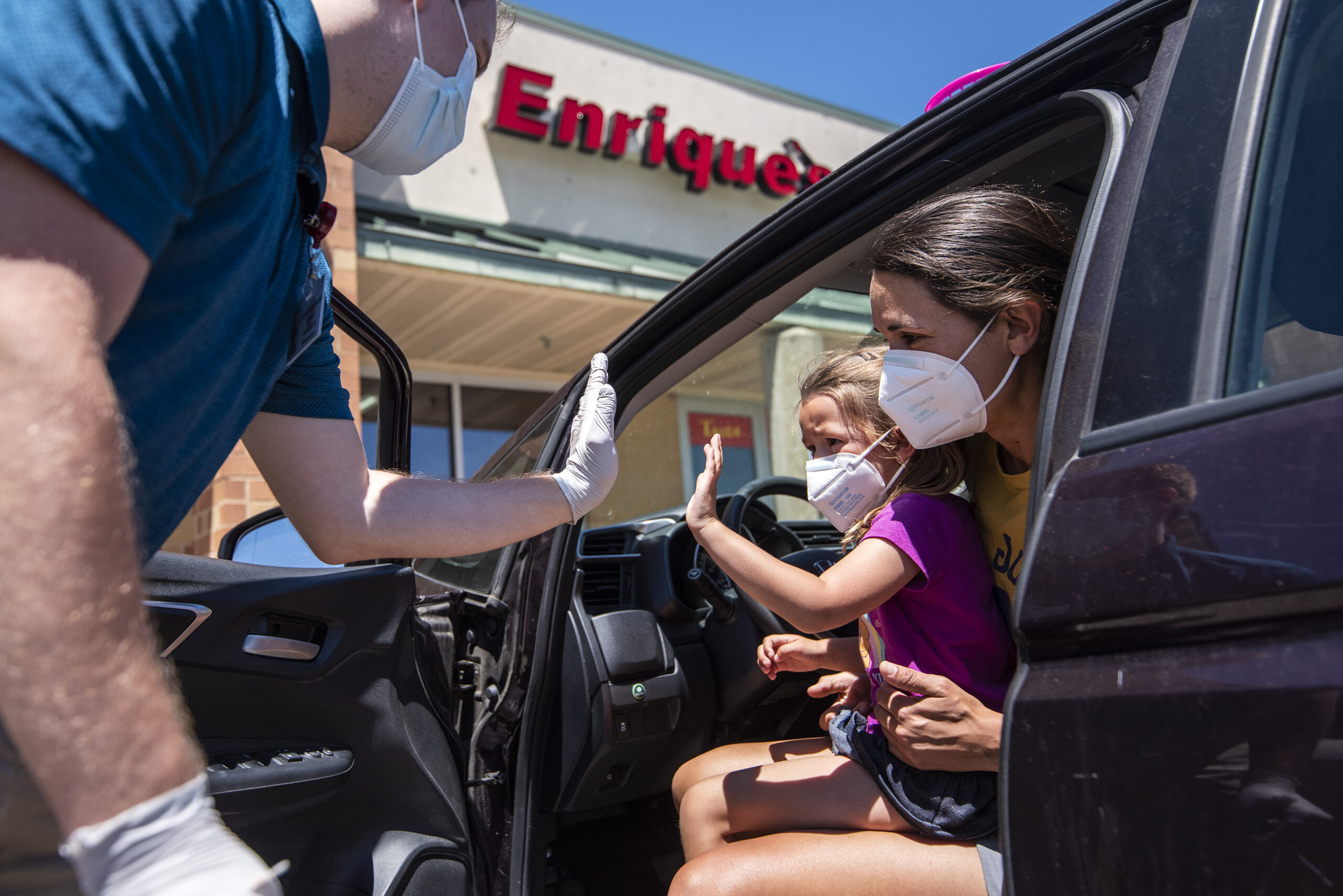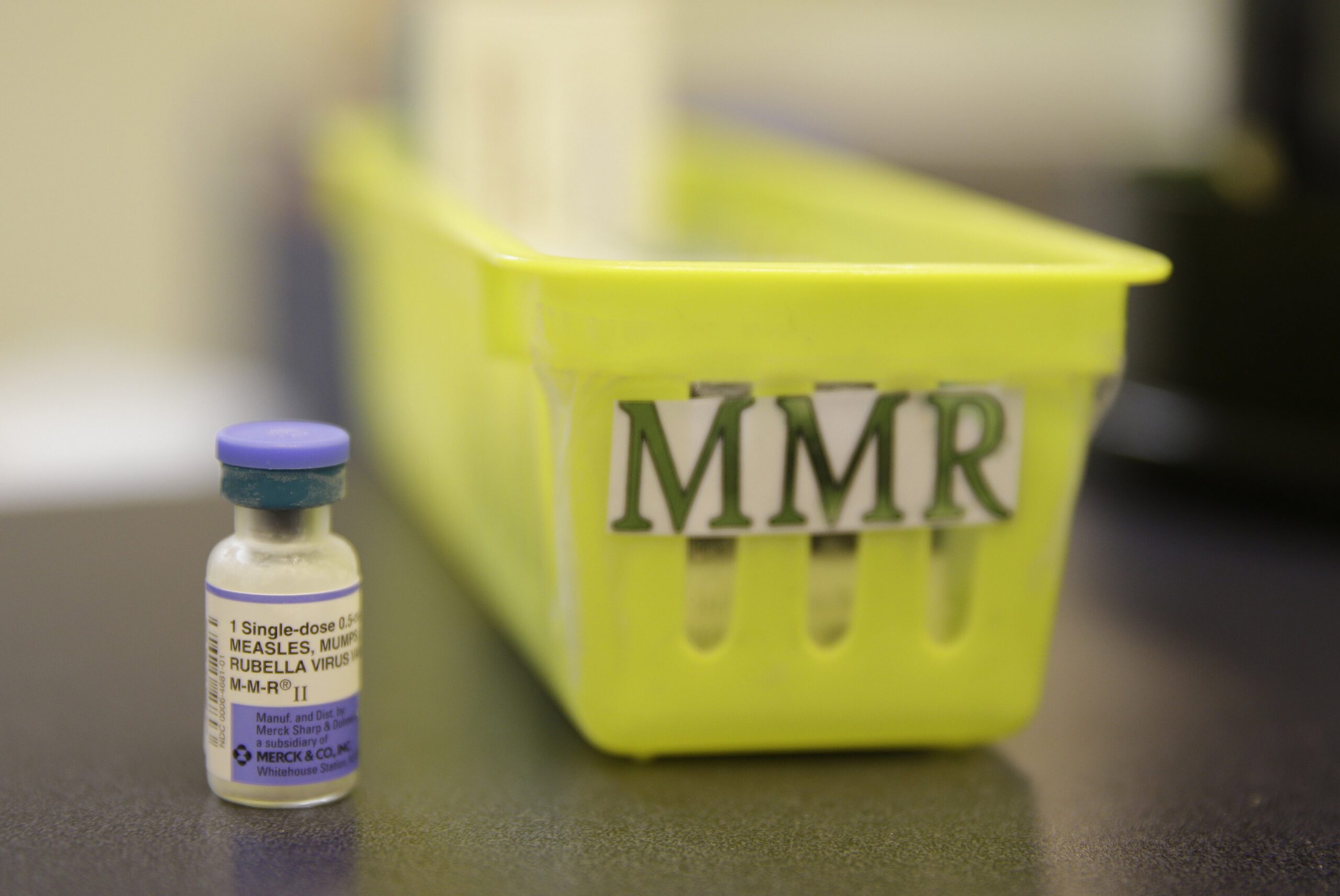Officials from the state Department of Health Services are preparing to distribute a vaccine for COVID-19, which could be made available in small doses as soon as next month.
On Monday, the biotech company Moderna announced that its experimental vaccine was 94.5 percent effective at preventing the disease. Pfizer had announced its vaccine had 90 percent efficacy last week. Both vaccines would need to obtain emergency use authorization from the U.S. Food and Drug Administration before they could be distributed.
If and when those vaccines get authorization, Wisconsin would receive a fairly small number of vaccine doses at first. These first doses will go to targeted groups, said Stephanie Schauer, one of the leaders of Wisconsin state-level vaccine planning. Health care workers will be the first to receive the vaccine, followed by people who live in long-term care facilities and other high-risk populations.
Stay informed on the latest news
Sign up for WPR’s email newsletter.
She said it will take several months for there to be enough doses for everyone who wants the vaccine to get it.
Based on where Wisconsinites have been getting tested for COVID-19, Schauer anticipates that many vaccine doses will be given at primary care providers’ offices. Other locations like community vaccination clinics will be set up as well, said DHS Deputy Secretary Julie Willems Van Dijk.
“This is a massive vaccination effort and we’re going to need all hands on deck in order to get as many people in Wisconsin immunized as who want to be immunized,” she said.
The plan for where community vaccination clinics will be isn’t finalized, Schauer said. Not all testing sites could be converted into vaccination sites, she said, because testing will need to continue during the months it will take to vaccinate people.
“While we are beginning vaccination, it isn’t like one ends and the other starts. They’re going to be running concurrently,” she said.
The Pfizer and Moderna vaccines both require two doses, and there are several other vaccines undergoing Phase 3 testing.
Some of the vaccines, specifically the Pfizer vaccine, will require storage in ultra-cold conditions. Health officials are in the process of finding all the facilities in the state with ultra-cold freezers, Schauer said, as well as working to identify other storage methods such as dry ice.
While they have high hopes that a high percentage of Wisconsinites will be able to be vaccinated, Schauer and Willems Van Dijk stressed that the process will take time. And in the meantime, it will be important to keep the virus at bay.
“We all need to continue to wear our masks, keep socially distanced, keep our gatherings small, wash our hands, and definitely stay home if you’re sick and get tested,” Willems Van Dijk said.
Wisconsin Public Radio, © Copyright 2025, Board of Regents of the University of Wisconsin System and Wisconsin Educational Communications Board.
